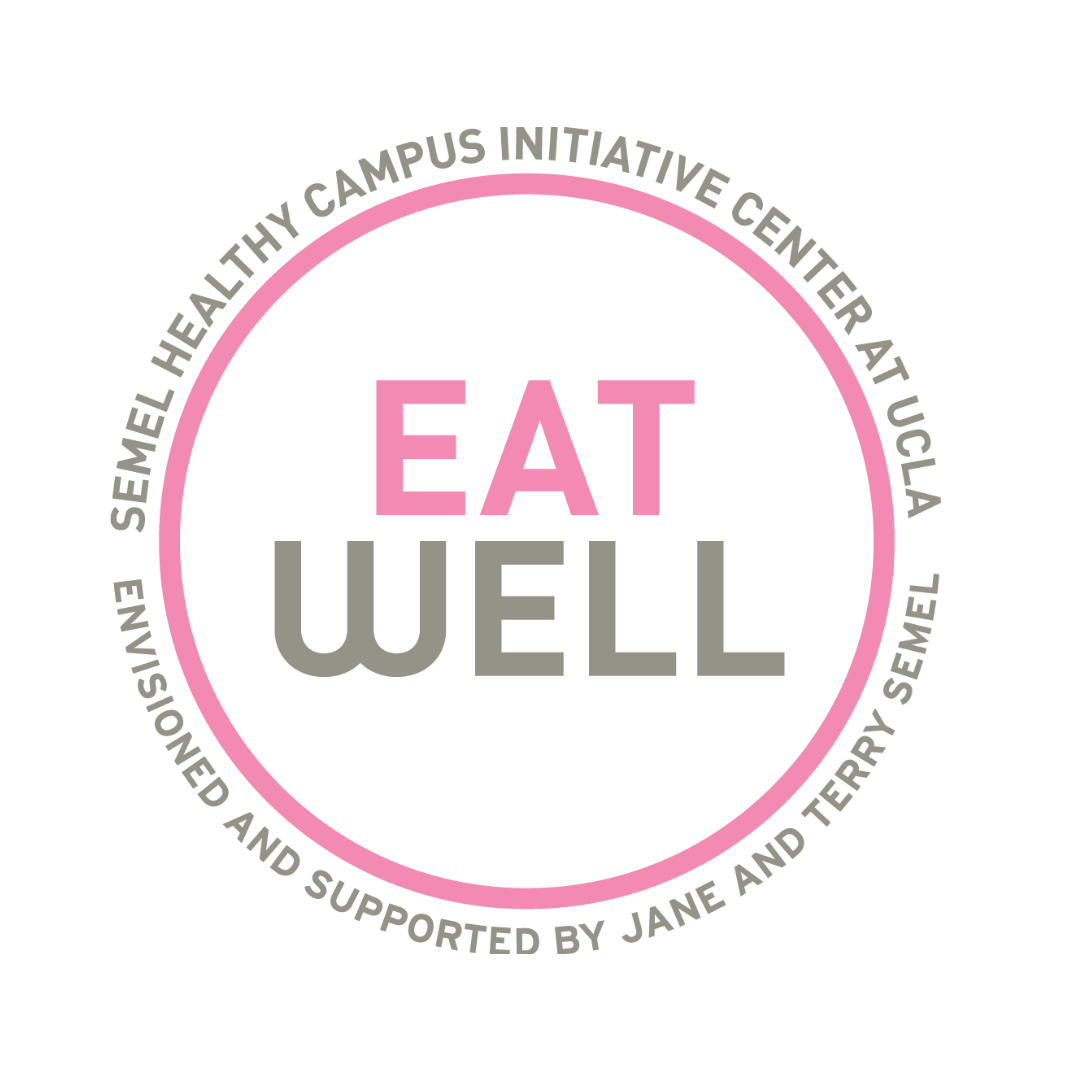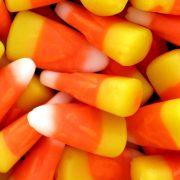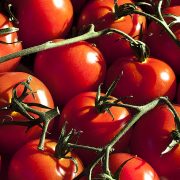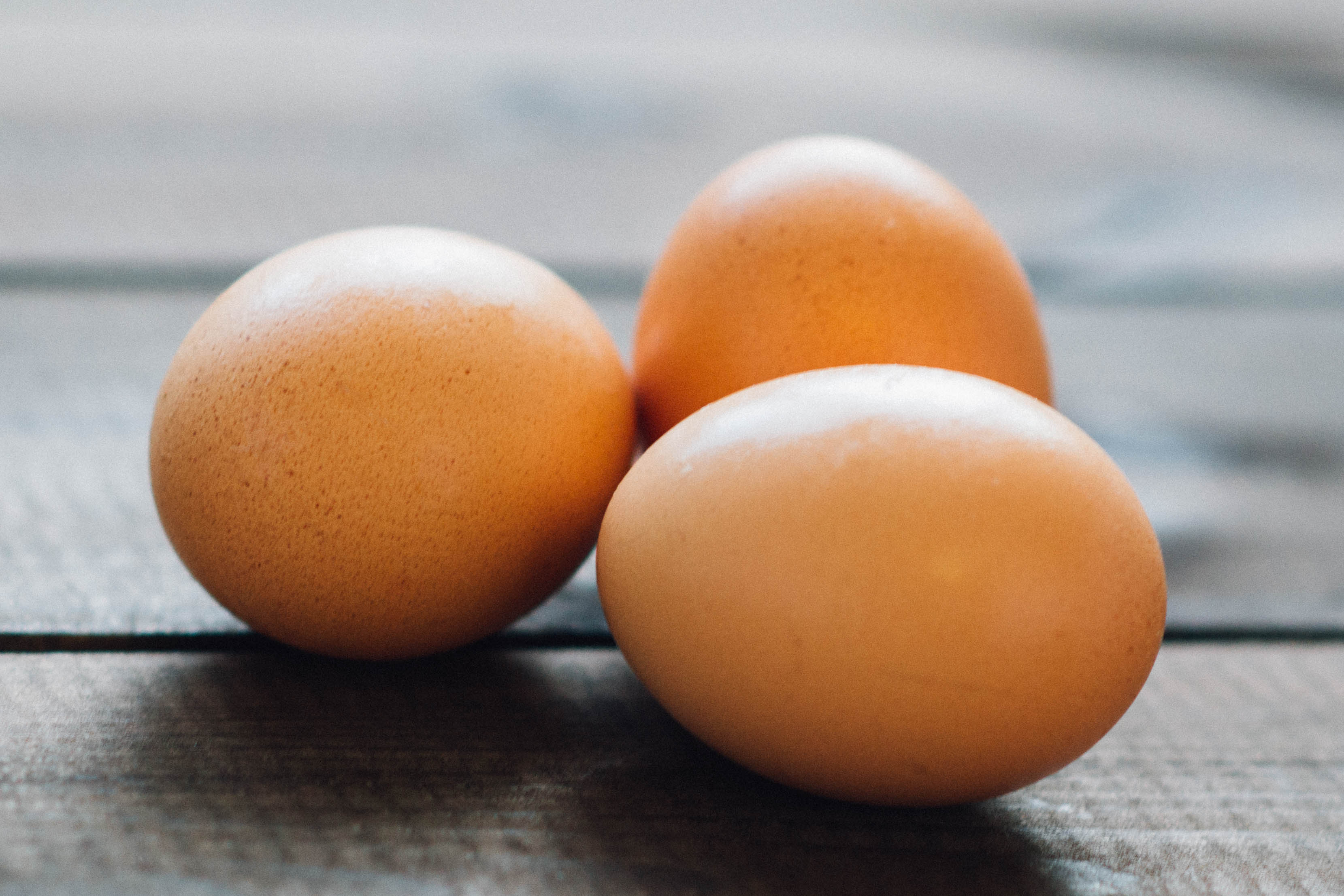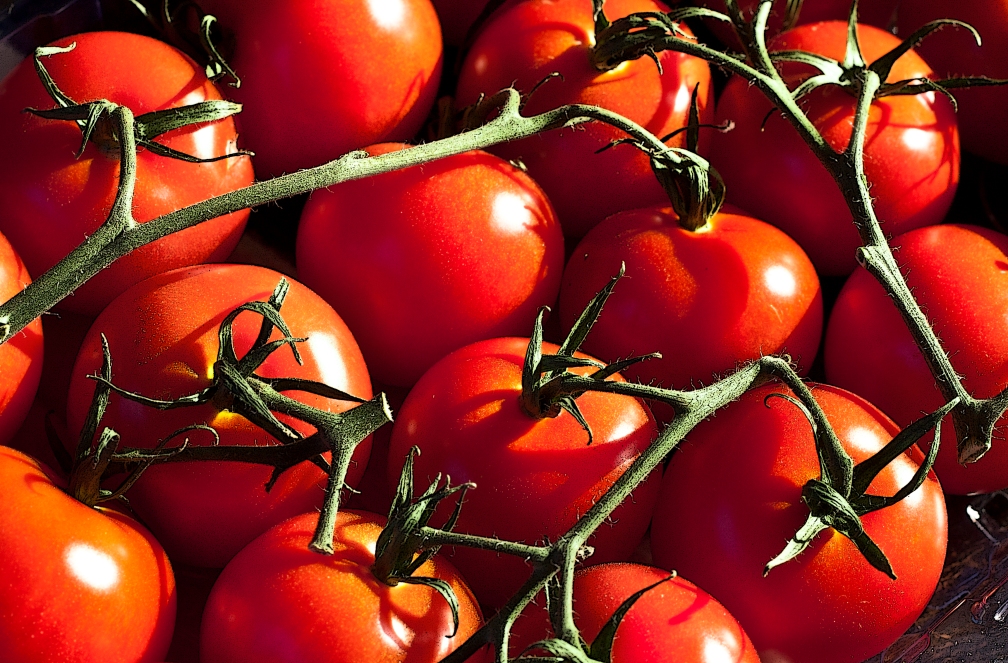Tricks to Enjoy Your Treats: How to Mindfully Enjoy Your Candy on Halloween
Halloween is my second favorite holiday (nothing beats Christmas for me!). I love dressing up in clever costumes and going to parties with my friends. However, there is one part of Halloween that can be hard and stressful for me: the candy.
I have a huge sweet tooth, so I would always want to partake in the tradition of fun sized candy bars and pumpkin-shaped peanut butter cups on Halloween. However, sweets were a huge trigger for me. I thought of candy as a “bad food” and eating it made me feel guilty and shameful. As a result, I had a really hard time finding a balance with Halloween candy. Some years I’d eat so much that I’d be doubled-over in pain from a stomachache, while others I’d restrict myself to just one or two pieces and then jealously watch my friends enjoy the Kit-Kats and Reese’s Pieces I so desperately wanted. Whether I was restricting or binging, I’d worry about the impact those extra calories would have on my waistband.
It wasn’t until I learned about mindful eating that my relationship with Halloween candy, and other foods, began to improve. To eat mindfully is to eat with intention and attention; it is to eat with the intention of bringing yourself both nourishment and pleasure and with careful attention to what you’re eating, your feelings about your food, and the effect food has on your body. In today’s society, it’s incredibly easy to eat mindlessly; I often find myself eating in front of the TV or on the way to class, and when I’m focused by the TV or putting one foot in front of the other I’m certainly not paying attention to the food I’m putting in my mouth. To put it simply, if you’re not paying attention to your food, how could you possibly fully experience it and enjoy it?
When I would eat candy on Halloween, I was never just eating it; I was thinking about how many calories were it in, wondering if people were judging me as I ate it, and repeating over and over to myself “Candy is bad for you” or “You shouldn’t be eating this.” In other words, I wouldn’t eat my candy with attention or the intent to enjoy it and was consequently left unsatisfied because I had never fully enjoyed the candy. Furthermore, without feeling satisfied, I would often reach for another piece, and then another, and then another…until I had acquired a stomachache and feeling of self-hatred for letting myself go “too far.”
However, since I learned about mindful eating, I’ve established a much better relationship with Halloween candy and learned some tricks to help me cope with the anxiety that used to plague me every Halloween. If you’ve ever experienced stress or anxiety around sweets, here are my tricks to enjoying treats on Halloween:
- Actively enjoy your candy. Eat it mindfully and be completely present while you’re enjoying your sweets. That means don’t eat it in front of the TV or while you’re writing that essay that’s due this week. Savor the flavors, textures, scents, and shapes of the candies you choose to enjoy. If you fully engage with your food and give it all your attention, you’re more likely to enjoy it and feel satisfied later.
- Lose the rules. When you tell yourself you can’t have something, or you can only have a fixed number of something, chances are you’ll want it even more. For me, when I told myself I couldn’t have more than one or two pieces of candy, all I could think about was candy and how much I wanted it. So, even when I ate those one or two pieces I didn’t enjoy them because all I could think about was how I wanted more.
- Instead of imposing rules on yourself, listen to you body. Are you full? Are you hungry? Do you really want that Hershey’s Kiss or do you want it just because it’s sitting right in front of you? If you’re really craving something, your body will let you know, so listen to it! Also, remind yourself that the candies associated with Halloween are available year-round. If you’re not in the mood for candy today, today’s not your only opportunity to enjoy it! You can always have it as a treat on another day.
- Remind yourself that foods are not inherently “good” or “bad.” These are labels that society has attached to certain foods, not explicit qualities of foods. Yes, some foods are more nutritious than others, but it’s also important to remember that we eat for nourishment and pleasure. Less nutritious foods can still be a part of a nutritious diet when they’re enjoyed in moderation. So, if you find yourself labeling candy as “bad” and something that should be avoided, remind yourself that it’s okay to eat less nutritious food for pleasure from time to time.
I hope these tricks help you enjoy your Halloween to its fullest. If you have any tricks that weren’t listed above, please share them with me by sharing on social media or commenting below!
Danielle de Bruin is a fourth-year undergraduate student at UCLA majoring in Sociology with a double minor in Italian and Global Health. She is the blog coordinator for the UCLA Healthy Campus Initiative and the director of UCLA’s Body Image Task Force, which is a committee within the Student Wellness Commission. With the Body Image Task Force, Danielle organizes events, workshops, and campaigns to promote healthy body image, self-confidence, and mental health on campus. She is also published in the journal PLOS Medicine and the Huffington Post.
